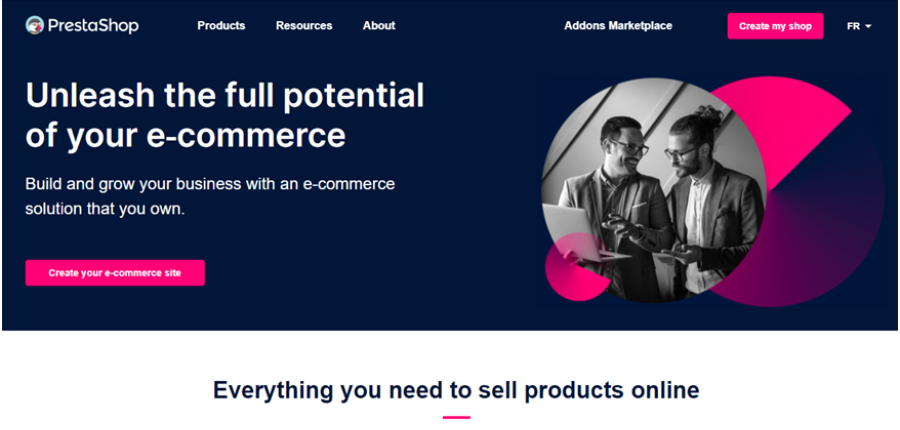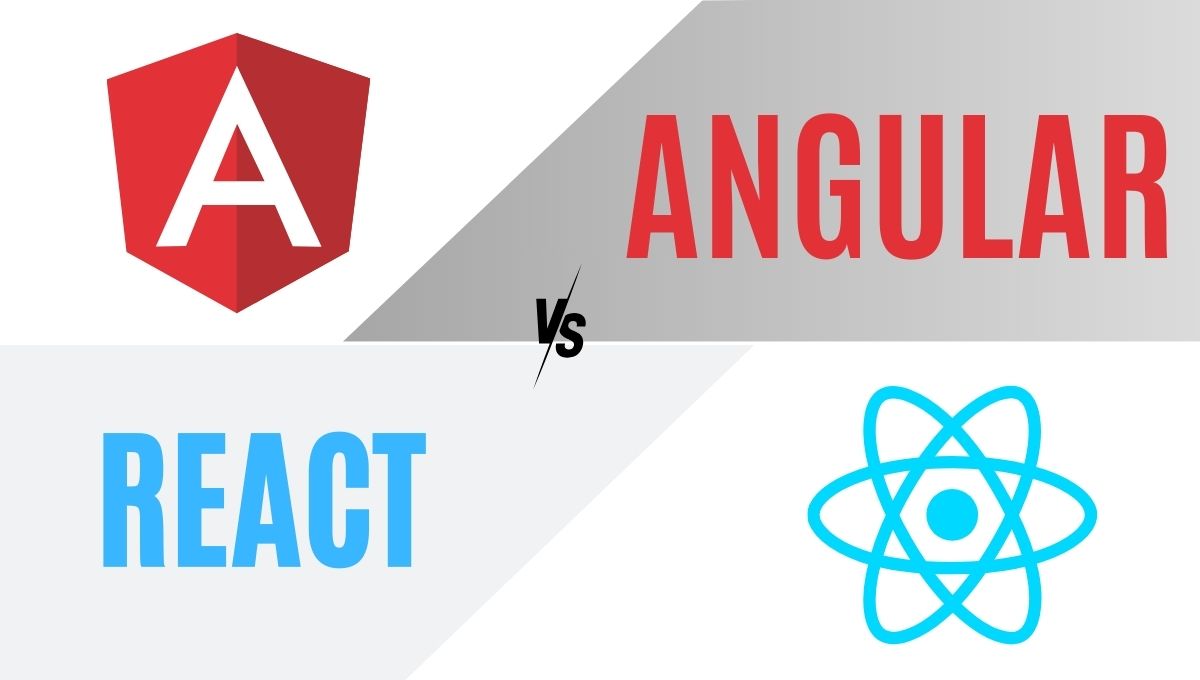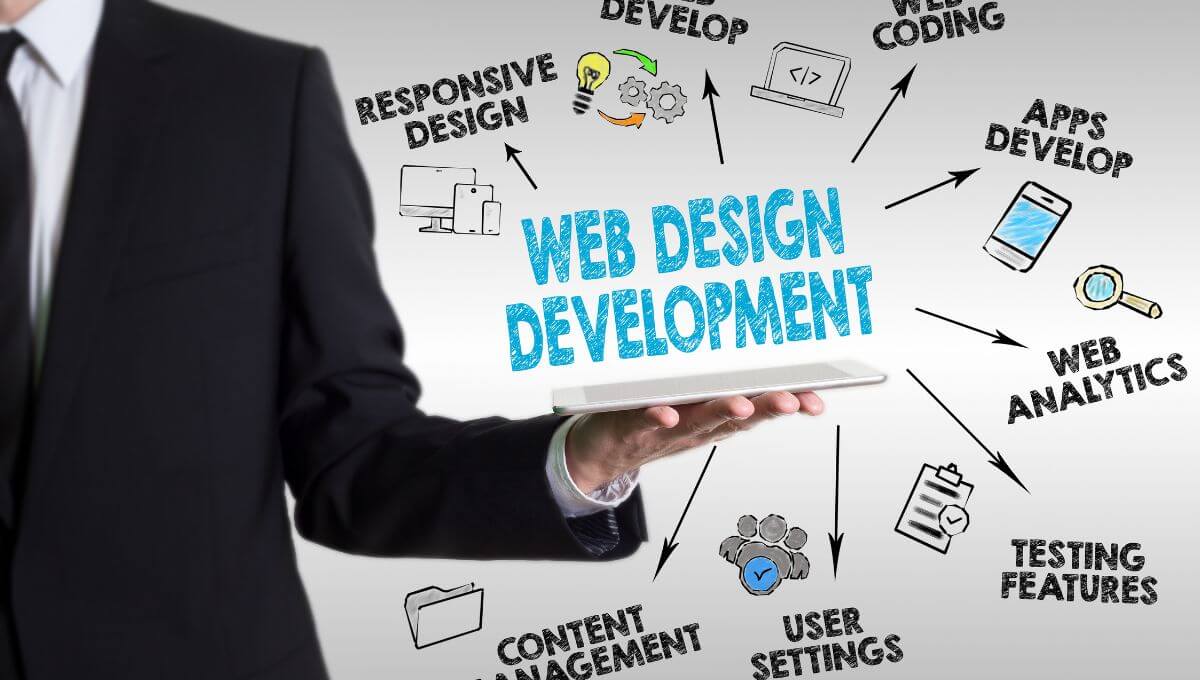Looking for the best e-commerce CMS to create your online store?
Before selecting the solution that will host your merchant site, you must list your needs, your skills, and the essential features to build a site that reflects your image. The goal is to opt for a solution that will follow you over the long term.
In this article, discover the internal criteria for choosing your platform, the features to compare, as well as our top 5 e-commerce CMS!
The criteria for choosing an e-commerce CMS adapted to your business
It all starts with YOUR needs and YOUR technical knowledge. The solutions are so vast and different, that you must probe the facilities essential to its management.
The size of your online store
5, 10, 50, 100, 1000 products? How big will your online catalog be? You will not have the same technical needs depending on the stock to be referenced. Likewise, if your merchandise comes in size, color, material, and other options.
Before selecting the best e-commerce CMS for your project, list the number of products, and their variations, that you will have in stock.
The profile of e-commerce managers
Are you going to manage your online store alone or with a team? What are the technical skills of the people in charge of creating and managing your e-commerce?
Some CMS is easier to learn than others. There are complete solutions, which are very suitable for beginners with limited customization needs.
Conversely, you can opt for a technical platform, which offers more functionality and scalability, but requires technical skills. These solutions are suitable for companies that have a web developer or want to work with a web developer, to create a 100% personalized online store.
The tools to be synchronized with the e-commerce CMS
Do you use marketing tools, such as an emailing solution, a DMP (Data Management Platform), an automation tool, a CRM, etc.? If so, you must ensure that the selected e-commerce CMS allows you to synchronize and integrate your existing tools.
Important features for choosing an e-commerce CMS
After surveying your needs, it’s time to list the technical specifications essential to the success of your project. To do this, you have to think in the medium and long term.
An e-commerce CMS adapted to SEO
All e-commerce CMS offer parameters to optimize your natural referencing. However, some solutions facilitate the integration of your SEO strategy via more or less advanced extensions. Other platforms incorporate SEO modules within the theme (this is the case with Shopify, for example).
You will therefore need to know if you want an e-commerce CMS capable of supporting your SEO needs as much as possible. If you prefer manual methods or the use of external tools, you will have to ask yourself the question of compatibility with the chosen platform.
Functional design and back-office of the CMS
We come back to the question about the technical skills of your team. If you have internal knowledge in web design and development, you can choose open-source tools, which are more complete and more complex.
If necessary, choose e-commerce CMS that works in drag & drop and WYSIWYG for easier daily management. Experro is one such ecommerce CMS which offers a use-friendly interface and drag & drop tools to simplify your eCommerce website management.
The scalability of the tool
What are your long-term goals? If you intend to expand your online store by offering more products and/or if you want to install new functions later, include these parameters in your choice.
Migrating a merchant site to a new solution is tedious and sometimes expensive. Better to opt directly for an e-commerce CMS that will support your growth.
Technical support
Depending on your level of expertise, your need for assistance and support differs. Some e-commerce solutions, like WordPress for example, do not have dedicated help. They benefit from an active forum, with a community ready to answer your questions. However, the responsiveness and quality of responses vary widely.
Conversely, platforms like Shopify or Wizishop offer you real technical support. You can chat with advisors who will do everything to solve your problem.
Our top 5 best e-commerce CMS
It’s time to get to the heart of the matter and compare our 5 favorite e-commerce CMS! For each of them, we have listed the advantages, disadvantages, and price. You will have all the information you need to make the right choice.
1. Magento

Let’s start with one of the most famous e-commerce CMS in the world: Magento is a professional and powerful e-commerce CMS! If you have complex needs, this is surely the ideal solution.
Advantages of Magento
- The ability to reference tens of thousands of products.
- The easy configuration of several online stores, in different currencies and languages.
- Technical support at your service, as well as an active community.
- Strong development capabilities to grow your store over the long term.
- Support for the entire logistics and marketing chain, from inventory management to product promotion.
- Effective SEO parameters to optimize your natural referencing.
- The installation of the payment methods of your choice.
Magento limits
- Complex handling. It is necessary to be accompanied by an expert or to be trained.
- The need for powerful and secure web hosting.
- A significant financial investment for an online store just starting out.
- Paid themes and extensions.
- Now high fees (between 300 and 1000$ per month).
Price: Magento installation is free. On the other hand, you will have to opt for powerful dedicated servers, provide solid maintenance, buy a domain name and invest in themes and plugins to create an online store in your image.
Are you convinced by Magento? Request quotes from Certified Magento developers.
2. Shopify

Shopify is a Canadian platform operating on the same principle as Wizishop. With 800,000 users worldwide, this e-commerce CMS is aimed at professionals who want to quickly launch their merchant site.
Benefits of Shopify
- Very simplified handling.
- A large choice of payment methods and options to manage delivery, discount coupons, emails, etc.
- Reactive technical support (provided you are fluent in English).
- Web hosting and domain name are included in the offer.
- Analysis and statistical functions linked with Google Analytics.
- Several free themes are available and customizable.
- No maintenance or security updates to do.
Shopify limits
- Not suitable for e-commerce sites with more than a hundred products.
- Very limited customization that does not allow you to integrate your entire graphic charter.
- Limited scalability.
Price: Shopify offers 3 packages starting at 29$ / month. The platform also charges commissions that vary from 0.5% to 2%, depending on the formula chosen.
3. WooCommerce

WooCommerce. It hosts more than 5 million active sites. If you work with WordPress, then this platform certainly speaks to you.
Advantages of WooCommerce
- Simple handling for WordPress regulars, more complex for others.
- Thousands of customizable themes to suit your needs.
- Many SEO extensions are available to boost your natural referencing.
- Guaranteed scalability thanks to the multiple extensions available.
- Synchronization with most marketing tools: Mailchimp, Google Ads, Mailpoet, Hubspot, Zapier…
- Large choice of payment methods: Amazon Pay, Paypal, Stripe, Square, Eway, Viva Wallet…
WooCommerce Limits
- No real technical support.
- Not suitable for large e-commerce sites, with thousands of product sheets.
- A majority of paid e-commerce themes.
- Requires web development skills to build a merchant site 100% in your image.
- Risks of flaws and security if maintenance is not carried out regularly.
Price: Installation is free, like some themes and plugins. However, you will need to subscribe to web hosting and reserve your domain name.
4. Prestashop

Considered a safe bet, the Prestashop e-commerce CMS offers many tools to merchant site managers. It currently equips 32,000 online stores of all sizes.
Advantages of Prestashop
- Support for large e-commerces, with thousands of products.
- The integration of the entire supply chain, from inventory management to product promotion.
- Thousands of customizable themes with your graphic charter.
- Many SEO extensions are available to optimize your natural referencing.
- Guaranteed scalability thanks to the multiple extensions available.
- Synchronization with most marketing tools: extensions dedicated to social networks and marketplace, CRM and ERP, marketplace feeds, emailing platforms, etc.
- Large choice of payment methods: bank cards, Paypal, Stripe, Adyen, PayPlug…
Prestashop limits
- For complicated handling, it is advisable to be accompanied by an expert.
- No real technical support, you have to refer to the user community.
- A majority of paid themes and extensions can increase the note.
Price: installing Prestashop is free, but you will need to subscribe to web hosting and reserve your domain name.
5. Wizishop

This e-commerce CMS made in France is perfect for beginners! A complete solution, Wizishop allows you to configure an online store in less than 24 hours.
Advantages of Wizishop
- Very simplified handling.
- Powerful basic features to create your e-commerce site.
- Hosting and domain name are included in the offer.
- An ergonomic interface and back-office that allow you to easily customize the basic theme.
- Basic, yet effective options for marketing, cross-selling, and SEO.
- No maintenance or security updates to do.
- Responsive technical support.
Limits of Wizishop
- Not suitable for e-commerce sites with more than a hundred products.
- Little customization is available unless you use their graphic designers.
- Limited scalability.
Price: Wizishop offers 3 subscription plans starting at $29 excl. VAT/month. The platform also charges transaction fees which vary from 0.5% to 2%, depending on the offer chosen.
Our tip for choosing the best ecommerce CMS
To choose the best ecommerce CMS, write specifications containing your technical, human, and material needs, as well as your budget.








